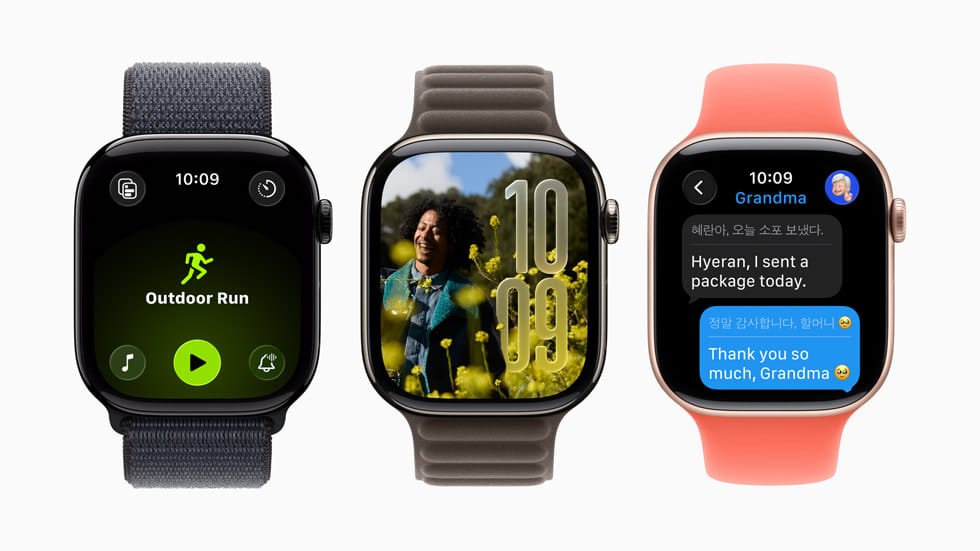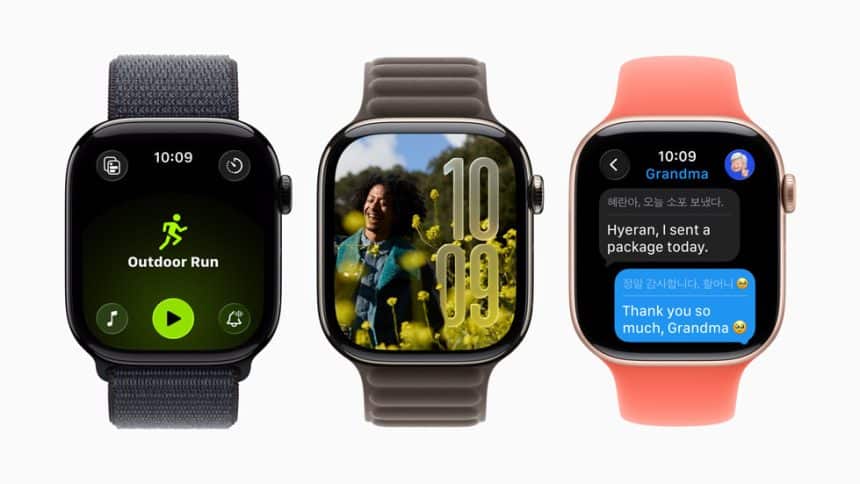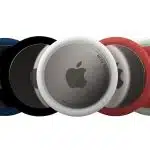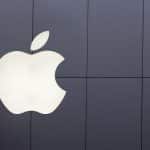Apple’s wearable technology may soon do more than track workouts and heart rates. According to Apple’s latest research, the Apple Watch can combine its sensors and Apple Health data to accurately predict pregnancy, offering a new dimension in personal health monitoring.
How the Technology Works
The findings come from Apple’s Heart and Movement Study, which explored how health and behavioral data could signal major physical changes. By analyzing metrics like resting heart rate, heart rate variability, step count, and activity levels over a week, researchers trained predictive models capable of detecting pregnancy.

The study reported a 92% success rate in predicting pregnancy, outperforming similar predictions for diabetes (82%) and general infections (76%). Apple’s data set included 430 pregnancies from 385 participants and compared them against over 24,000 non-pregnant women under 50.
Why It Matters
Pregnancy brings significant changes to physiology and daily behavior—shifts that wearable sensors can capture. Researchers noted that combining multiple data points over days or weeks, instead of second-by-second readings, produced the most accurate results.
This breakthrough could help users identify pregnancy earlier without invasive tests. However, the feature is not yet available to consumers and remains part of ongoing research.
Privacy and Ethical Considerations
While the potential benefits are clear, experts warn of privacy implications. Data collected by wearables could become sensitive in regions with restrictive reproductive laws, raising questions about user protection and consent.
The Future of Health Wearables
Apple’s study highlights the growing role of AI and wearable devices in healthcare. By turning everyday tech into powerful diagnostic tools, Apple aims to make early health detection accessible to millions.












